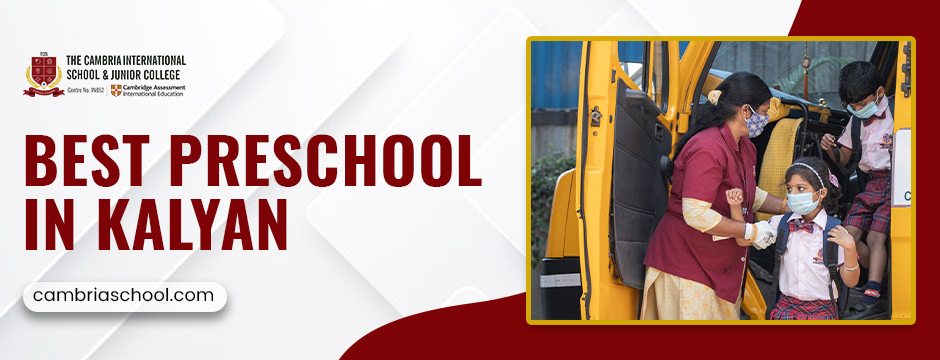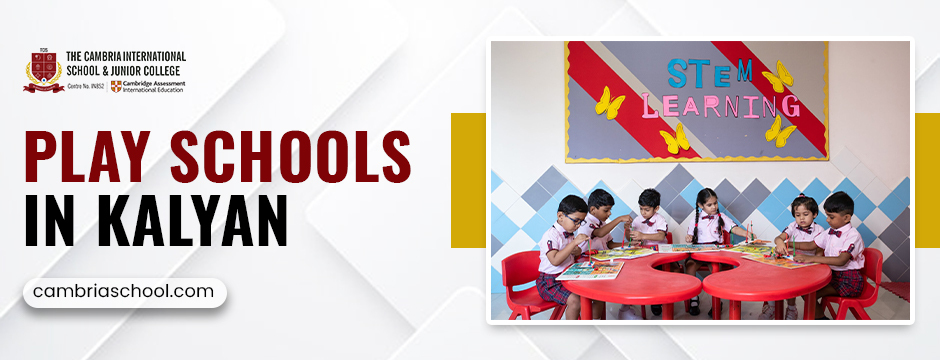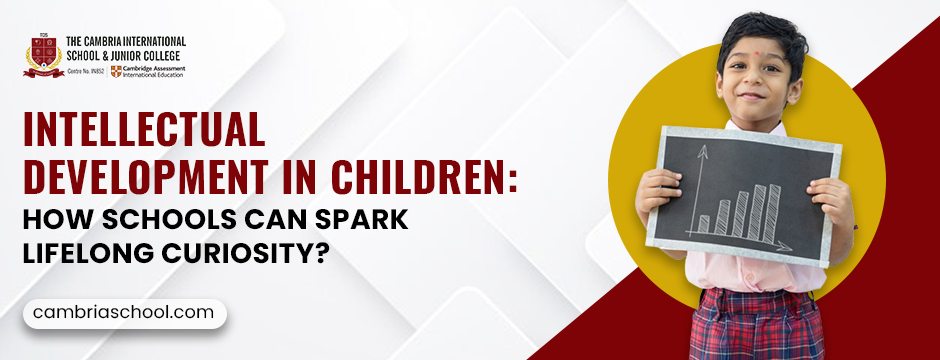Intellectual Development in Children: How Schools Can Spark Lifelong Curiosity?
From the moment a child utters their first “why,” the spark of intellectual curiosity begins. That curiosity—an innate drive to explore, ask questions, and understand—is the engine of lifelong learning. But in many schooling environments, routine, standardisation, and high-stakes assessments stifle that flame. The challenge for modern schools is not to impose knowledge, but to cultivate conditions under which children’s intellectual development can flourish.
Intellectual development goes far beyond accumulating facts. It involves developing thinking habits: questioning, reflecting, connecting ideas, and seeking deeper understanding. When schools intentionally nurture these capacities, they plant the seeds of lifelong curiosity, adaptability, and intrinsic motivation. In an age where information is abundant, what matters most is not what students know, but how they think. This blog post explores how the best preschool in kalyan can spark and sustain intellectual growth in children.

The Science Behind Intellectual Growth and Curiosity
Curiosity is not a mere whim—it is deeply rooted in cognitive processes and neurological reward systems. Studies have shown that when children are genuinely curious, their brains release dopamine, which enhances memory formation and learning. Moreover, children who demonstrate higher curiosity in early years tend to show better academic achievement later on.
Cognitive researchers often distinguish between trait curiosity (a person’s baseline tendency) and state curiosity (a momentary urge to explore). We may not easily change a child’s baseline, but schools can design contexts that provoke state curiosity. One powerful concept here is intellectual need: when students sense a gap in their understanding or struggle with a question they can’t immediately answer, they’re motivated to bridge that gap.
Susan Engel and others argue that curiosity “unfolds through social interaction” and that classrooms often suppress genuine inquiry by privileging rote answers and prepackaged lessons. If curiosity is not built into the curriculum’s design, students may learn to wait for the right answer rather than explore possibilities.
Pedagogical Strategies to Spark Intellectual Development
Inquiry-based Learning & Problem Posing
Rather than starting with facts, teachers can pose intriguing problems or anomalies. This approach leverages the idea that ambiguity or surprise provokes inquiry. Students generate predictions, test assumptions, compare outcomes, and reflect on their thinking. Guided scaffolding helps them dig deeper while still having ownership of the process.
Socratic Dialogue & Questioning
The art of questioning—especially open-ended, follow-up, scaffolding questions—can coax children into refining their thinking. A teacher can use “What else might explain this?” or “How would we test that?” rather than simply giving the answer. Engel references classrooms where teacher-student conversations are the primary vehicle for curiosity.
Encourage Metacognition & Uncertainty
Helping students recognise how they think is critical. The best preschool in kalyan can build in “thinking time,” reflection journals, and metacognitive prompts (“What do I already know? What assumptions am I making? What’s an alternative explanation?”). Recent pilot studies show that training metacognitive habits leads to more articulated curiosity and deeper engagement in learning tasks.
Learning Through Play, Exploration & Choice
Especially in younger grades, play is a potent vehicle for cognition: children adapt hypotheses, test ideas, shift strategies, and combine symbolic and real-world play in ways that fuel intellectual growth. Giving children choices in how they explore topics also assigns them ownership. Rotating materials, creating “mystery boxes,” using manipulatives or loose parts—all matter.
Embedding Cross-disciplinary and Real-World Contexts
Rather than compartmentalising subjects, schools can integrate work across disciplines—science, history, arts, mathematics—so students see how ideas interconnect. Concepts like epistemic insight emphasise helping students reflect on how knowledge is built across fields. Inviting students to grapple with real-world problems—social, ecological, technological—makes intellectual inquiry meaningful and relevant.
Collaborative, Social Learning
Curiosity is often kindled through peer interaction. When students ask each other questions, challenge assumptions, and jointly explore, they model intellectual risk-taking. Recent research underscores the power of social dynamics to amplify curiosity.
Teachers Model Curiosity & Vulnerability
Educators themselves must signal that they don’t have all the answers, and that asking questions is part of their work. Modelling how they pursue uncertainties, revise thinking, and consult sources can show students the ongoing nature of intellectual exploration.
Building a School Culture That Sustains Curiosity
Beyond classroom tactics, the broader culture of play schools in kalyan sends powerful messages about what is valued.
- Time & Structure for Exploration. Blocks of unstructured time (e.g., “inquiry labs,” project days) allow students to pursue interests without being tightly scripted. Engel points out that many classrooms simply don’t allow time for curiosity to play out.
- Low Stakes Failure & Risk-taking. If students feel that wrong turns or “messy thinking” will be judged harshly, they’ll play it safe. Cultivating a norm where thinking aloud and iteration are welcome is essential.
- Reflection & Dialogue across Grades. Faculty could hold “curiosity rounds” or curriculum conversations where teachers share student questions and how they responded. Encouraging a feedback loop between classes helps refine practices.
- Assessment That Values Depth, Not Just Recall. Assessments should give students opportunities to ask their own questions, explore multiple pathways, and reflect on the process. Open-ended performance tasks, portfolios, and self-evaluation help.

Wrapping Up
Sparking intellectual development in children is not about accelerating content delivery or pushing more facts—it’s about building mindsets, habits, and environments that feed curiosity, rigour, and wonder. When schools prioritise inquiry, metacognitive reflection, collaborative exploration, and genuine uncertainty, children learn not just what to think, but how to think.
The best preschool in kalyan that embeds these principles becomes more than a place for academic instruction—it becomes a thriving ecosystem of lifelong learners. If you’re exploring institutions that aim for such transformation, consider The Cambria International School, where nurturing curiosity and intellectual growth is foundational to their ethos.


